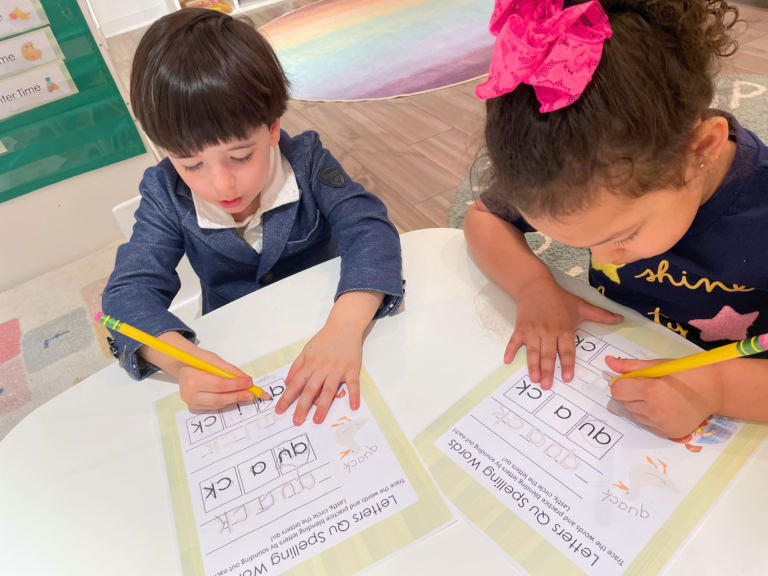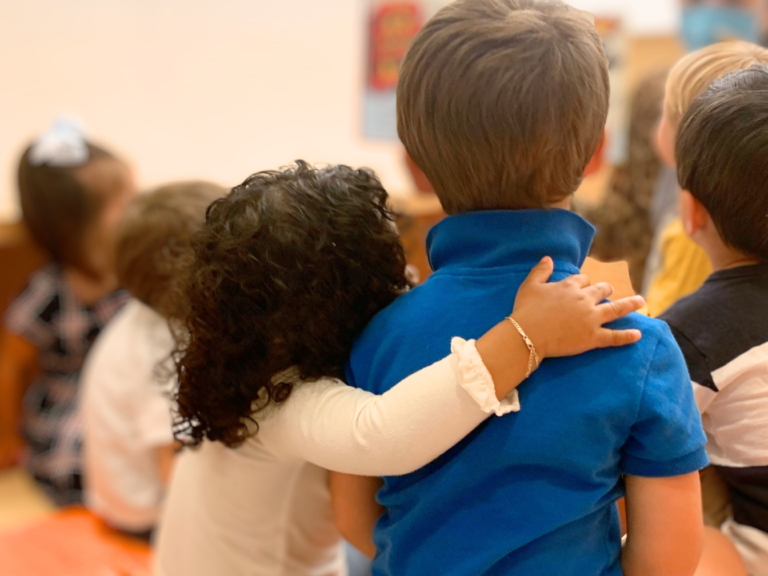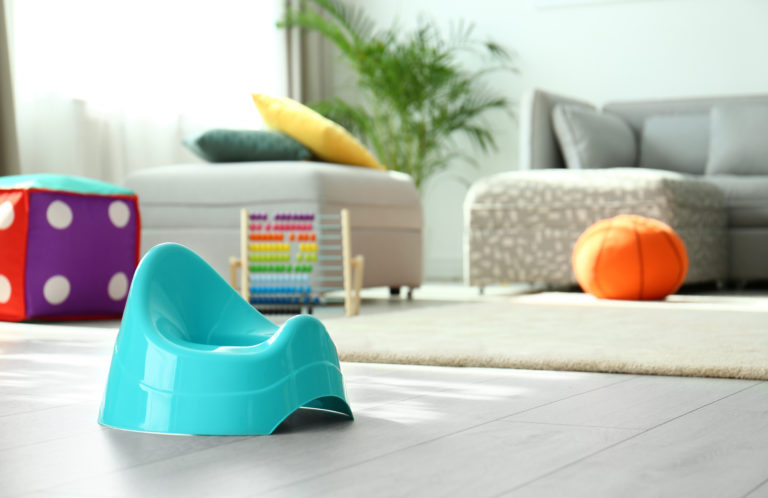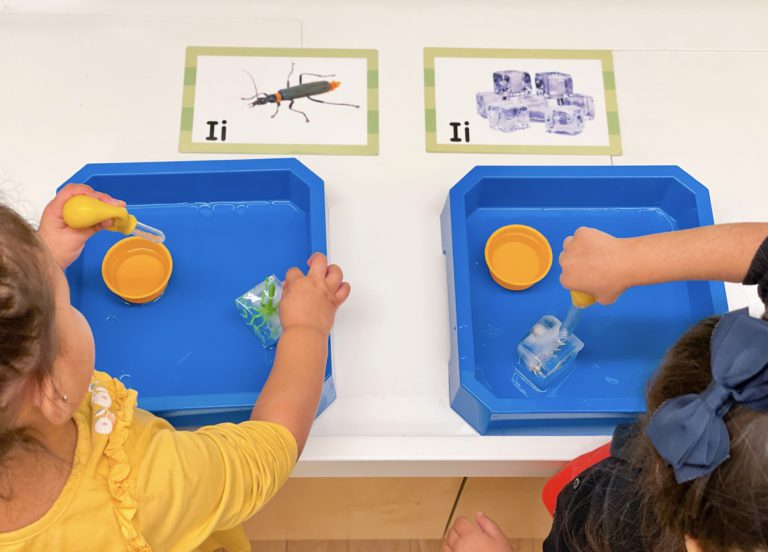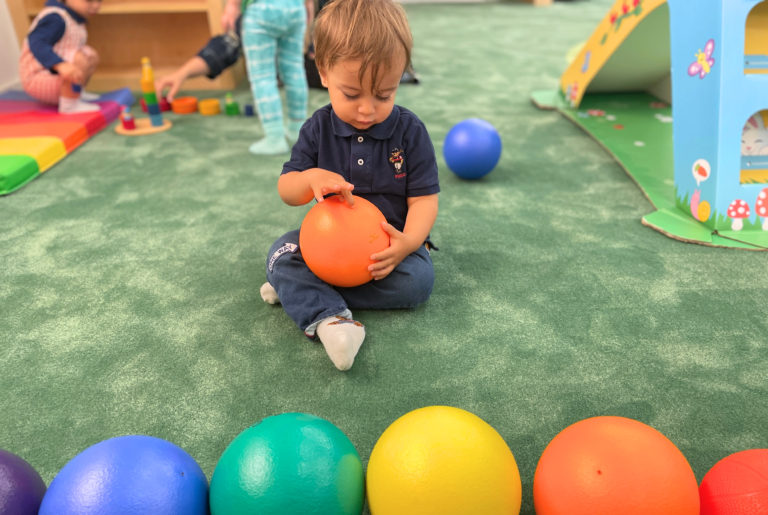Improving Your Little One’s Critical Thinking Skills
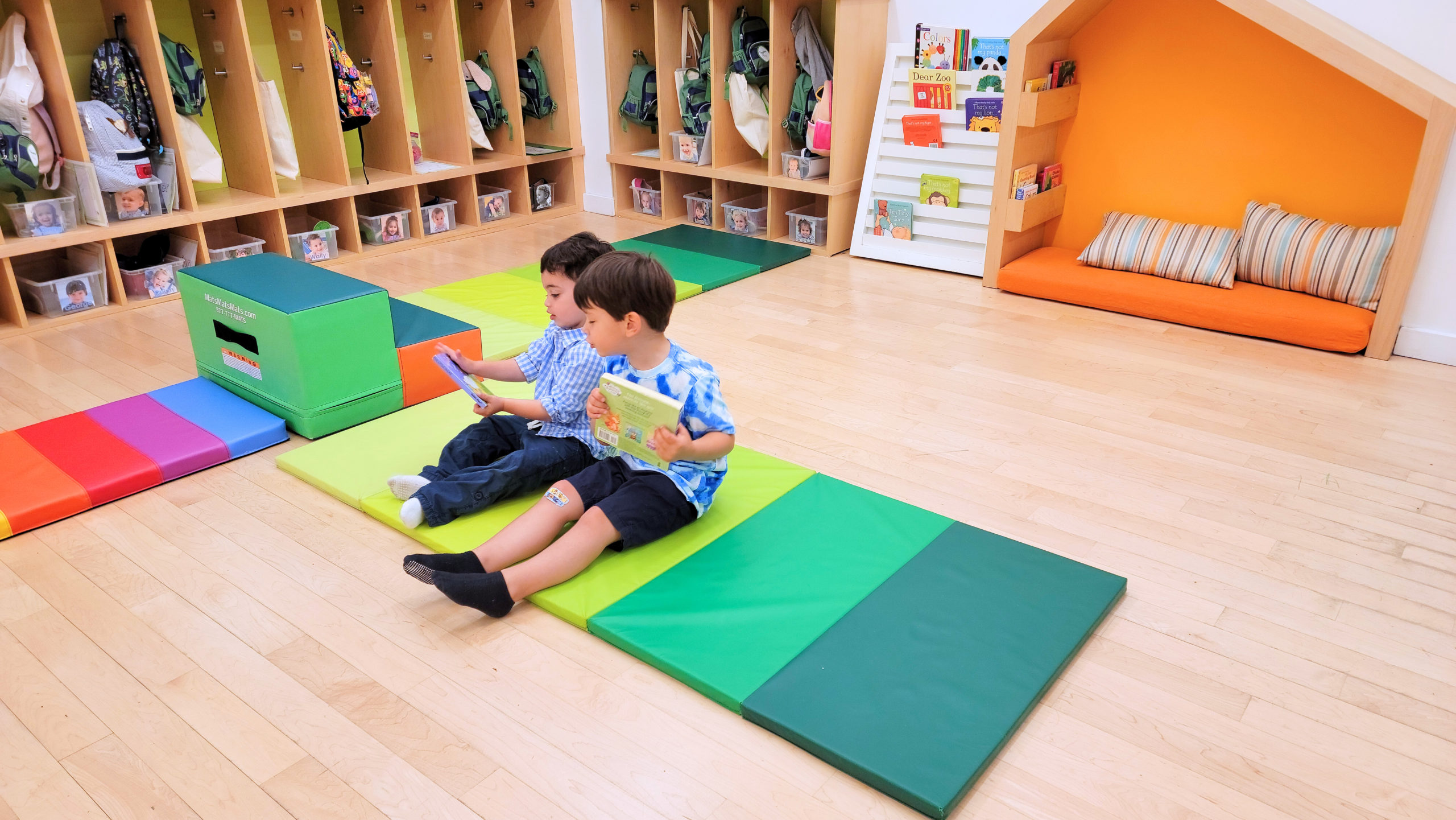
As your little one begins to learn about the world around them, sooner or later they are going to start having opinions about it. Having conversations about what we are experiencing is important for not only bonding, but building their view of the world so they can think and express their ideas without judgment. The earlier your little one begins to practice their comprehension and critical thinking skills as part of their social emotional development, the sooner they will start using those skills to make decisions and have opinions.
Here are some guidelines for practicing critical thinking with your little one:
Open-Ended Questions
Encouraging social emotional development and critical thinking begins with open-ended questions. This can start as simply as asking “why do you like strawberries?” Maybe their answer is that strawberries are truly their favorite food, or maybe it’s what has been put on their plate for breakfast every day so they just know to expect that fruit. You never know what answer you might get, which can open up the conversation, and you may even find out they are interested in trying different fruits! Little ones are still learning about the world around them, so when given the opportunity to share their thoughts or make a choice, they will take it — you just have to make the space for them.
Background and Context
Whether you are having a conversation over breakfast or working on an assignment for school, ensure they have all the facts to think critically. A lack of facts or information can cause frustration for both you and your little one. This can even discourage critical thinking, leading to a disappointed “I don’t know” response and lower confidence in general. When they are able to talk through what they know and understand in a safe space, opening up to new ways of thinking can come with ease.
Pause
Once the conversation is open, give them time to think it over and work through the information they have for themselves. This may take a while, but let them take their time to think without your help until they ask for it. Finishing their thoughts for them can steal your little one’s thunder, which can feel deflating and discourage them from coming to their own conclusions. Even when your little one is under a year old, as long as they are safe, let them figure out for themselves how to hold a toy or stack a block or climb a step. Let them work through it in their own time. And when and if they need it…
Offer Your Insight
Assist them in diving deeper into their answers and offer your own perspective. We obviously have been living in the world longer than they have, and we have our own experiences; sharing these with your little one is great for bonding and working together to find answers. Talk about cause and effect, but remember that trying new things is crucial to learning about the world around us. Practice making choices with your little one — any opportunity you have to give them a choice, let them make a decision for themselves — we all learn through trial and error.
Encourage Creativity
Thinking critically can quite often take some creativity. Creativity can inspire great solutions when problem-solving. The more your little one sees their own ideas come to life and/or solve a problem, the more inclined they will be to try when they run into obstacles in the future.
Collaborate
Especially if you have more than one little one, teaching your kids how to listen to each other’s ideas and respect how other people see the world fosters kindness and care for all people, no matter your differences. This can look like listening to each other as everyone shares their thoughts, as well as asking “how do you think other people feel about this?”
Encourage the “Why”
Little ones will sooner or later start following up every answer you give with “why?” This can get frustrating but it’s important not to shut them down, even when the “why’s” seem never-ending. You can offer a “why do you think?” and let them explore answers for themselves with you. They may come up with some silly answers; they may say something you never thought of before. Little ones have a lot to share, so giving them the space to explore the possibilities lets them practice their creative and critical thinking, free from judgment. Especially as they get older and conversations get more in depth, always come back to an open mind and open heart — that will encourage your little one to do the same within their own social emotional development journey.
Popular


Hi, I'm Miss Julia!
Miss Julia has been an early childhood educator for 5 years, with over 10 years of experience working in childcare. She has been teaching at Playgarden Prep since 2017, and is happy to share ideas on some of her favorite early education topics with you! Miss Julia has a BA from UC Irvine, and uses her experience in performing arts to inspire little ones every day in her enrichment classes at Playgarden. In her free time, Miss Julia loves enjoying nature, cooking, and creating with friends.

